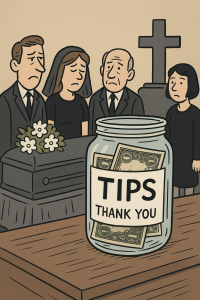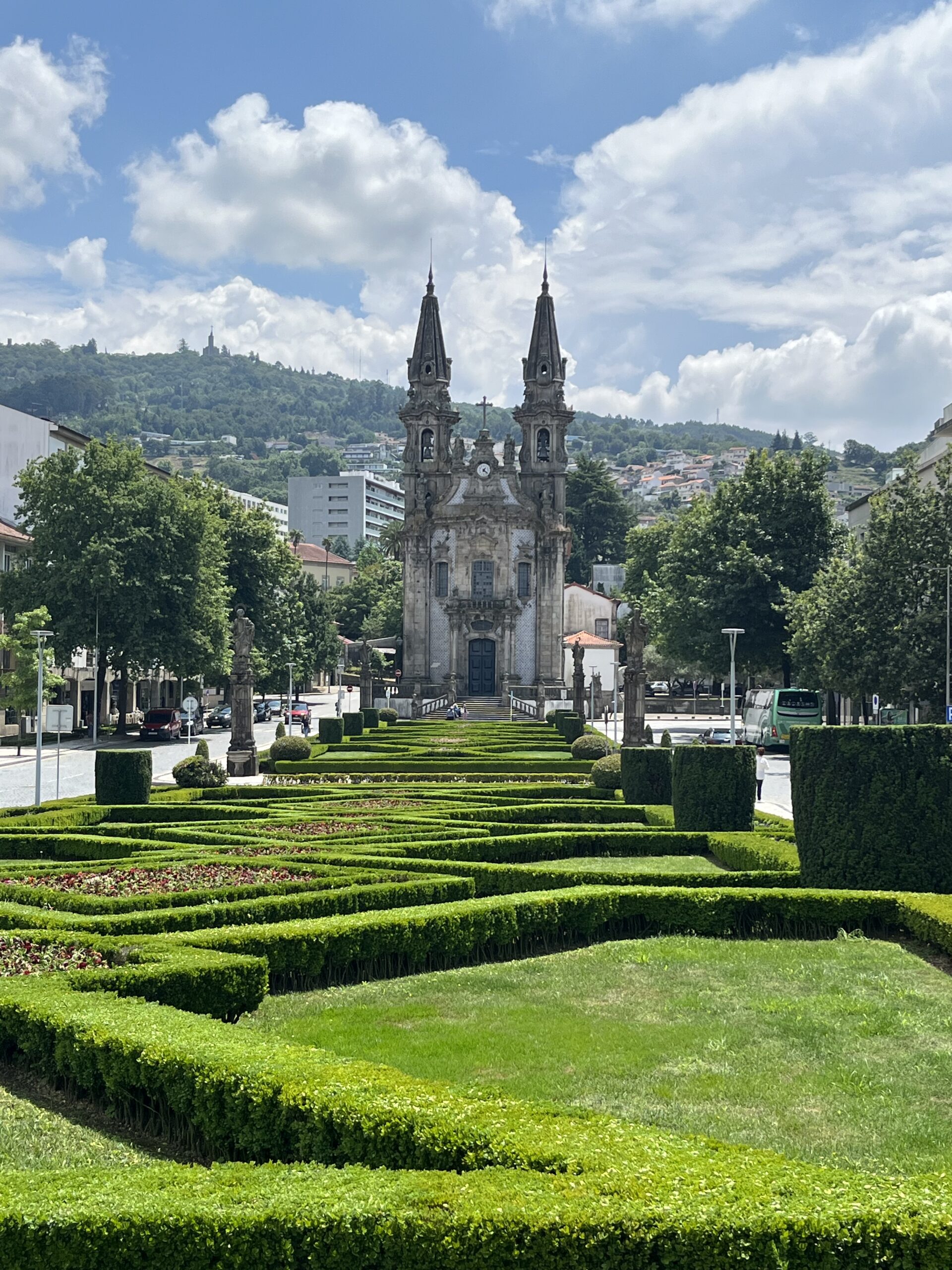The unspeakable problem on the tip of everyone’s tongue –
what everyone is thinking but no one is saying.
There is an elephant in the room. It is ever-present in any discussion about the homeless crisis in cities across the country, but nobody want to talk about it except in politically correct terms.
So just what is the elephant in the room. It is the face of homelessness – the tents and tent cities that are seemingly everywhere – everywhere except the wealthiest neighborhoods in any city, well-off communities and the enterprise zones that can afford to keep them out of sight.
The recent pandemic has served to bring the full force of homelessness into view. Many of the churches and other do-gooders that served food to the homeless around the city, have shut down. The campers have moved en masse to the only locations that still provide food service. In San Francisco, CA it is The Tenderloin. In Portland, OR it is Old Town. Chaos and lawlessness rule. Garbage is everywhere. Drug dealing is endemic. Local residents are fearful of walking their neighborhood day or night afraid of being attacked.
Let’s address the elephant in the room.
When the public asks its government to do something about the homeless situation in their community, what they are really saying is, “Please get rid of all those tents.” It’s not that they don’t have empathy for a lot of the homeless, they just don’t want it shoved in their faces.
They are afraid of the homeless. Poverty is associated with crime. That is a fact, and most people feel the homeless are the source of much of the petty crime in their neighborhoods. They may be right, and we may never know because petty criminals are rarely abducted and almost never prosecuted. In addition, drug dealing is pandemic among the homeless which only exacerbates the homeless condition. Tents are the face of poverty and crime.
The tents are a blight on any neighborhood. Walk through almost any tent camp and you’ll see needles, garbage, defecation and deplorable living conditions. The inhabitants of these tents are a diverse group, from people employed that can’t afford the rent in their city, to drug addicts, alcoholics and the mentally ill who are both unemployable and unhouseable in their present state, and everybody in between. Homelessness is not a one-size-fits-all condition. Tents are the face of ugliness and revulsion.
Tent camps on city sidewalks is a reminder that the law works for some but not for others. It is an affront to tax payers that feel their rights have been violated by allowing the lawless behavior and depriving them of free and unobstructed access to an amenity that they pay for. Tents are the face of a broken and unaccountable government.
Who are the tent campers?
Just who are the campers? They are a diverse group whose only commonalities are that they are homeless and they all have a will to survive. I reject the use of the term “vulnerable population.” In fact, some are but many are not. Their reasons for being homeless are as varied as the group itself.
Campers easily discover food and shelter. Social services that provide these amenities are in abundance. The knowledgeable camper knows where to get breakfast, lunch and supper. Starvation is not an issue. Tents are passed out just as freely. They have grown into status symbols among the campers. Some are easily ported in a backpack. Others are mega structures designed for long-term stays.
Tent cities have become commonplace. The demographics of these communities are not unlike the housed population. Self-segregation is typical. The tribal instinct is not lost among campers. Blacks want to be with blacks, Hispanics with Hispanics, LGBTQ’s with other LGBTQ’s, families with families, women with other women, animal lovers with animal lovers, etc.
Although homelessness isn’t a crime (unless, of course, if you’re pitching a tent on the sidewalk), why is it that the larger the camps the higher the crime rate. Burglaries, assaults, vandalism all increase as the number of campers increase.
Is it fair to paint all campers with the same brush? Of course, it isn’t. As the old saying goes, “One bad apple spoils the whole bunch.” For this reason alone, it is necessary to find an immediate solution to the campers on our sidewalks.
What can be done about the campers in Portland?
First of all, there is a law against tent camping:
14A.50.050 Erecting Permanent or Temporary Structures on Public Property or Public Rights of Way.
A. It shall be unlawful to erect, install, place, leave, or set up any type of permanent or temporary fixture or structure of any material(s) in or upon non-park public property or public right-of -way without a permit or other authorization from the City.
B. In addition to other remedies provided by law, such an obstruction is hereby declared to be a public nuisance. The City Engineer, City Traffic Engineer, or Chief of Police may summarily abate any such obstruction, or the obstruction may be abated as prescribed in Chapter 29.60 of this Code.
C. The provisions of this Section do not apply to merchandise in the course of lawful receipt or delivery, unless that merchandise remains upon the public right of way for a period longer than 2 hours, whereupon the provisions of this Section apply.
D. The provisions of this Section do not apply to depositing material in public right-of-way for less than 2 hours, unless the material is deposited with the intent to interfere with free passage or to block or attempt to block or interfere with any persons(s) using the right-of-way.
This does not mean that someone cannot cuddle up in a sleeping bag on the sidewalk and take a long nap. Sitting or lying on the sidewalk is still permitted. Placing a tent or cardboard structure over the sleeping bag is not.
What doesn’t work.
Portland’s solution to campers have been the sweeps – posting 24 to 48-hour notice to campers that their tents and possessions will be removed if they do not vacate the premises. This has resulted in nothing more than a revolving door. Within days after a sweep, sites are usually replete with campers again. It is not a solution. It is an appeasement to the housed community.
The housed community, however, wants a more permanent solution that addresses the many problems with camping and campers. While building affordable and supportive housing to solve the problem is admirable, the exorbitant cost of housing ($300,000-400,000 per unit) will only provide a roof over someone’s head for a small fraction of the estimated 15,000 homeless in the Portland area. In the meantime, more and more people are becoming homeless. Housing is a very long-term solution, but it does nothing to address the problem today.
Realizing that a tent is a shelter and much preferred by most homeless over mass, impersonal indoor shelters (unless it’s a hotel room), providing space for campers to put up their tents and keep their possessions without fear of being swept, is a short-term yet humane solution to this growing problem. It is also an infinitely less expensive solution in so many ways that it cannot be ignored any longer.
Many neighborhoods are finally realizing that homelessness and campers are growing and not going away anytime soon. They are now willing to be part of the solution rather than just complaining about it. They look to three successful self-governed camps – Dignity Village, Right 2 Dream 2 and Kenton Women’s Village.
Portland’s Old Town is the epicenter of homelessness and it spreads throughout the city like a plague. Clean up Old Town by spreading campers and services throughout the city, and the crisis becomes much more manageable.
What will work.
The City of Portland should set up and manage sanctioned campgrounds throughout the city. It is also time that other cities, the Counties and the State do the same thing. Between cities, counties and the State, along with the private sector and non-property tax paying entities, there is enough vacant land available to provide campsites for every camper.
By containing campers, it would then be possible to provide sanitation facilities instead of allowing them to defecate and urinate on the sidewalks. Portable showers and laundry facilities could be rotated between campgrounds. Food could be brought to the campers. After all, Meals on Wheels delivers 4500 meals a day to seniors, so there is no excuse. Social services could mobilize. Even though they don’t like the idea and fight against it, mobilization should be made a criteria for continued funding. Campgrounds could be segregated or not.
Any lame excuse to say this can’t be done, no longer has an audience. Recently three COVID-19 camps were made ready in a matter of weeks with all the facilities aforementioned. It was a priority. The same priority should be applied to campers in general. Taxpayers are losing patience with the response to the homeless crisis because they see the situation getting worse, not better.
For less than the cost of a single affordable housing unit, the City can say that they have control of the homeless crisis and can work its way towards the long-term solution of a home for everyone.
 Some countries export cars. Some export fashion. America, however, has chosen to export something far more powerful, more mysterious, more capable of dividing families than pineapple on pizza: tipping. Yes, the little ritual once limited to waiters and bellhops has now become a planetary hobby—thanks mostly to Americans traveling abroad and throwing money around like they’re auditioning for a generosity-themed reality show.
Some countries export cars. Some export fashion. America, however, has chosen to export something far more powerful, more mysterious, more capable of dividing families than pineapple on pizza: tipping. Yes, the little ritual once limited to waiters and bellhops has now become a planetary hobby—thanks mostly to Americans traveling abroad and throwing money around like they’re auditioning for a generosity-themed reality show.





 No matter how many people say that Russia’s email hacks did not influence the outcome of our election, it simply isn’t true. Those hacks and subsequent weaponization of them is the only reason we are confronted with the scariest president-elect in our history. I would even go so far as to say that Donald Trump conspired with Vladimir Putin to throw the election his way. Trump’s ego is too big not to have wanted to win, and now he is indebted to Putin.
No matter how many people say that Russia’s email hacks did not influence the outcome of our election, it simply isn’t true. Those hacks and subsequent weaponization of them is the only reason we are confronted with the scariest president-elect in our history. I would even go so far as to say that Donald Trump conspired with Vladimir Putin to throw the election his way. Trump’s ego is too big not to have wanted to win, and now he is indebted to Putin. As I sat waiting for the eye doctor to see me up at Casey Eye Clinic today, I couldn’t help but ponder the aging process. I was there because of a severe case of chronic dry eye disease which many people suffer from as they age, women more than men. I determined that growing old is not for the faint of heart.
As I sat waiting for the eye doctor to see me up at Casey Eye Clinic today, I couldn’t help but ponder the aging process. I was there because of a severe case of chronic dry eye disease which many people suffer from as they age, women more than men. I determined that growing old is not for the faint of heart.